3 Nutritionists Share The Magnesium Supplements Everyone Should Take
What Exactly Is Magnesium & Why Do We Need It?
“Magnesium is an essential mineral. It’s involved in over 300 processes in the body that benefit everything from your heart, cognitive health to blood sugar balance, bone health (60% of the body’s magnesium is stored in the bones), exercise performance and energy production. Magnesium is also widely known as the ‘anti-stress’ mineral because of the fact it relaxes muscles, deeply supports sleeps and is needed for general wellbeing and mental clarity. In fact, it’s often referred to as ‘nature’s tranquiliser’.” – Jessica Shand, naturopathic nutritionist
What Are The Signs Of A Deficiency?
“Given magnesium’s far-reaching role in the body, a deficiency can manifest in many ways. Millions of adults in the UK have difficulty falling or staying asleep – and this may be a classic symptom of a magnesium deficiency, as the mineral plays a vital role in the functioning of your central nervous system. Due to its role in muscle health, a deficiency may also manifest as muscle cramps or spasms, or difficulty bouncing back after an intense workout. Similarly, anxiety may be a sign your central nervous system needs more magnesium. More obvious signs of a deficiency include abnormal heart rhythms, numbness and tingling in the hands and feet, as well as low calcium levels.” – Lauren Windas, registered nutritionist & naturopath
Are Some People More Prone To A Deficiency Than Others?
“If you are a highly stressed person – either you burn the candle at both ends or you are naturally stressed and anxious – you may use more magnesium, which puts you at a higher risk of a deficiency. In a nutshell, stress increases magnesium loss. This is something I see often in my clients, especially those with A-type personalities who are under a lot of stress. The majority of them tend to be deficient.” – Lauren
“Women tend to require more magnesium during and after menstruation in order to replenish lost levels. Also, women who are particularly active need additional magnesium to support muscles and recovery.” – Jessica
How Exactly Are Stress & Magnesium Connected?
“Elevated cortisol levels (the stress hormone) can deplete magnesium stores within the body and a deficiency in magnesium can cause the body to become more stressed because of low levels – it’s a vicious cycle. Plus, the more stressed you are, the more magnesium your body uses, while caffeine and alcohol also accelerate the rate of magnesium excretion from the body.” – Jessica
How Much Do You Need?
“The NHS recommends we get 270mg of magnesium daily, but needs can easily be higher than this. And while there isn’t specific data to confirm how many of us really are lacking, deficiencies are undoubtedly widespread. This is due to a lack of magnesium-rich foods in our diet, and elevated stress levels, which are made worse by high and regular consumption of alcohol and caffeine.” – Jessica

What Are The Best Dietary Sources Of Magnesium?
“One cup of boiled spinach contains 39% of your RDA, while one cup of cooked black beans contains 30%. Flaxseeds are also a great source – a couple of tablespoons provides 27% of your RDA, while the same number of almonds provides 20%. A medium-sized avocado, meanwhile, provides 15%. Tofu and salmon are also great sources.” – Dr Margarita Kitova-John, registered GP & functional medicine practitioner
“It’s easier than you think to top up your levels of magnesium. Breakfast could be a smoothie with frozen spinach and banana, cashew butter, almonds, avocado and cacao nibs, while lunch could be a spinach and avocado salad with black beans, brown rice and a tahini dressing topped with crushed cashews. Mashed avocado on sourdough or rye crackers with pumpkin and sesame seeds is another magnesium-rich option. Tuna is also high in magnesium – serve with spinach and quinoa topped with sesame and pumpkin seeds.” – Jessica
What About Supplements?
“If you’ve tried shopping for a magnesium supplement before, you may well already know there are several different forms of magnesium – it can be overwhelming. These are the most common and useful types:
Magnesium Citrate: For digestion and constipation
Magnesium Malate: Fatigue and energy production
Magnesium L-threonate: Depression and memory loss
Magnesium Sulphate: Aka Epsom salts – to ease muscle aches, relaxation and for stress relief
Magnesium Glycinate: Improves sleep
Magnesium Orotate: Heart health and energy support.” – Jessica
Any Personal Favourites?
“Wild Nutrition’s Food-Grown Magnesium gets my vote – it’s a fantastic formula as the magnesium it contains comes from real food sources, meaning it’s recognised by the body. This means it is easily absorbed and will get to work where it’s needed. It also contains a matrix of different types of magnesium, which makes it more usable by the body. It’s a pure, effective formulation that I take daily.” – Jessica
“Ionic magnesium is great, as it’s rapidly absorbed by the body. Life Armour’s Super Me+ supplement is also good if you are stressed as it’s paired with adaptogenic herbs.” – Lauren
Is There Such A Thing As Too Much Magnesium?
“A magnesium overdose can happen, but this is very rare, and is more likely to happen in those with chronic kidney disease. While it is possible to overdose on supplements, this is more likely to result in diarrhoea, nausea and stomach cramps. To avoid overdosing, don’t take more than 350mg of a magnesium supplement daily.” – Lauren
For more information visit LaurenWindas.com, EatNourishAndGlow.com & LanternClinic.com.
SHOP THE SUPPLEMENT EDIT
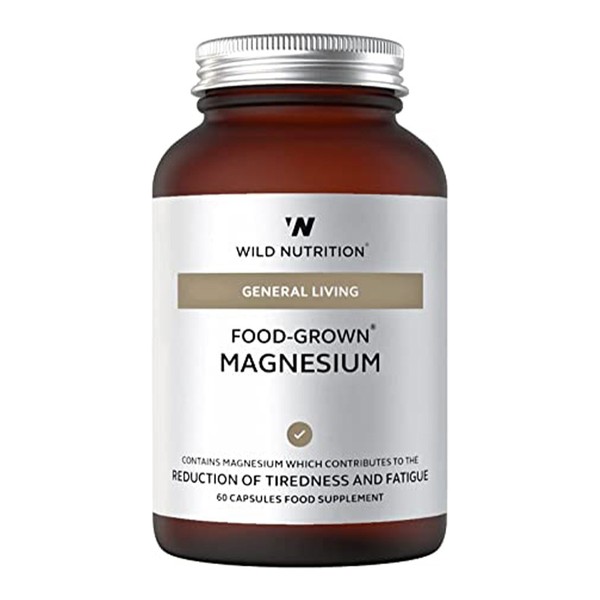
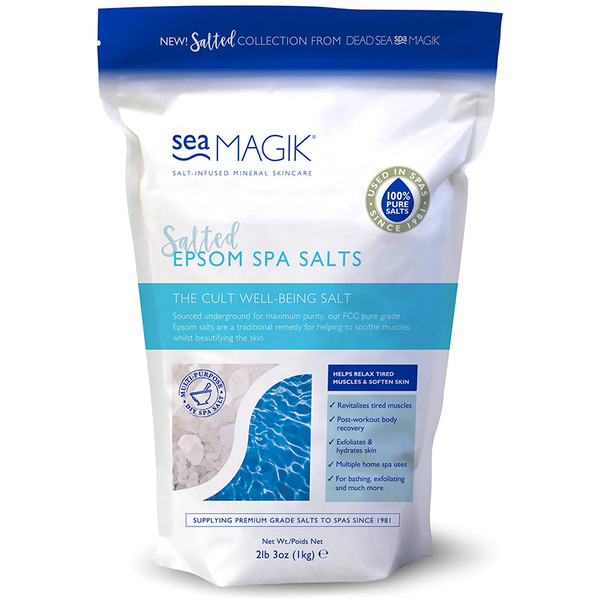
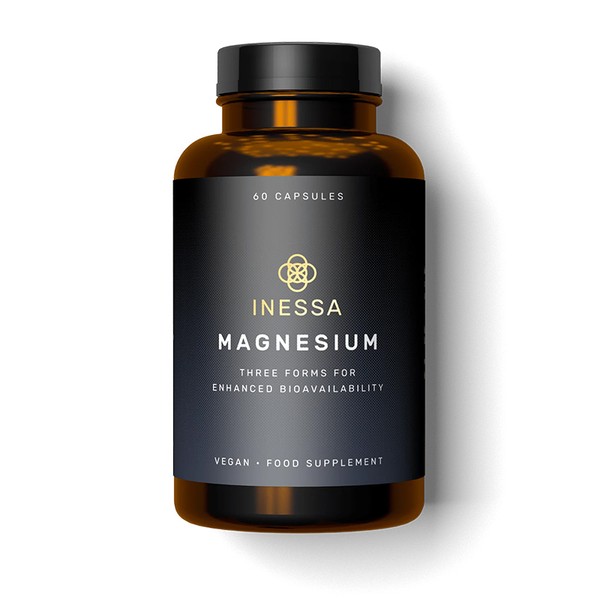
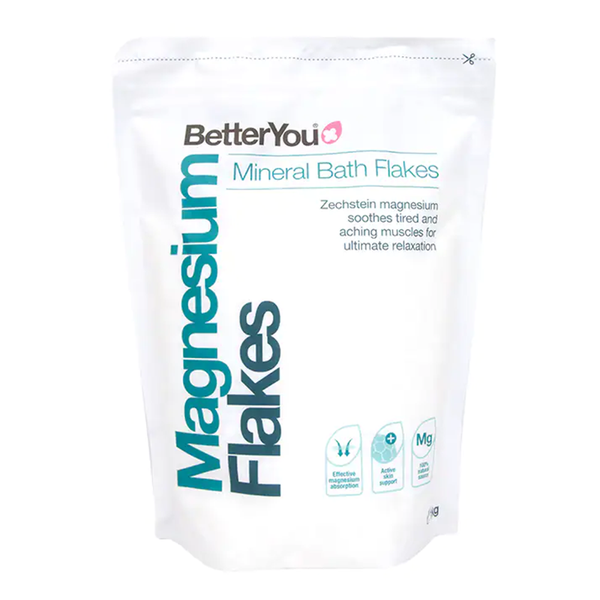
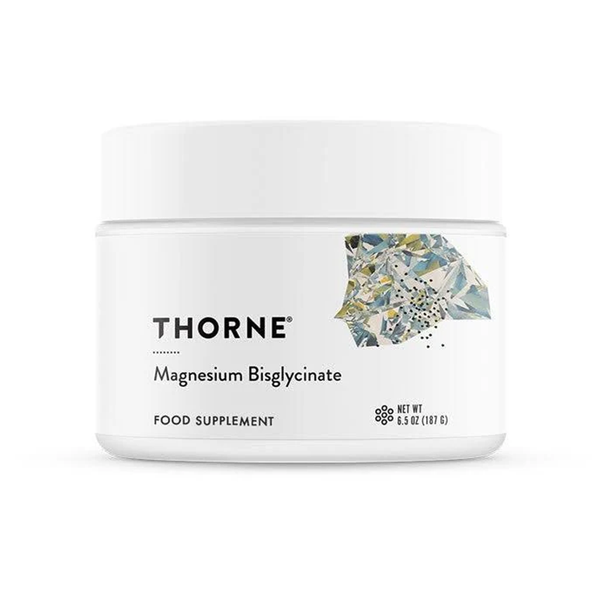
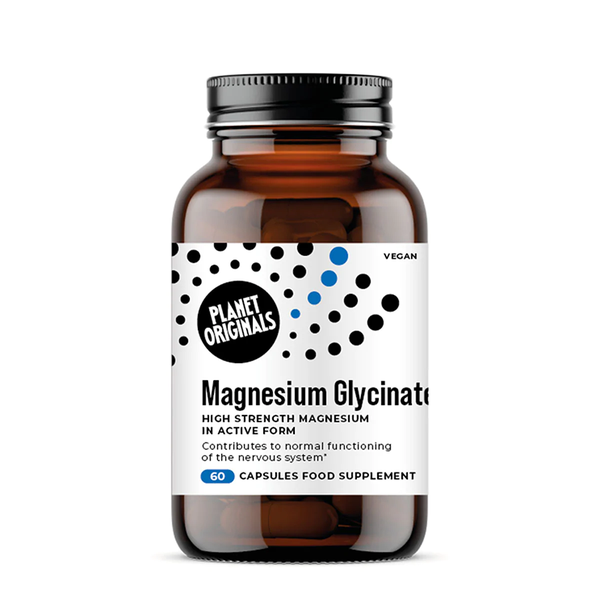
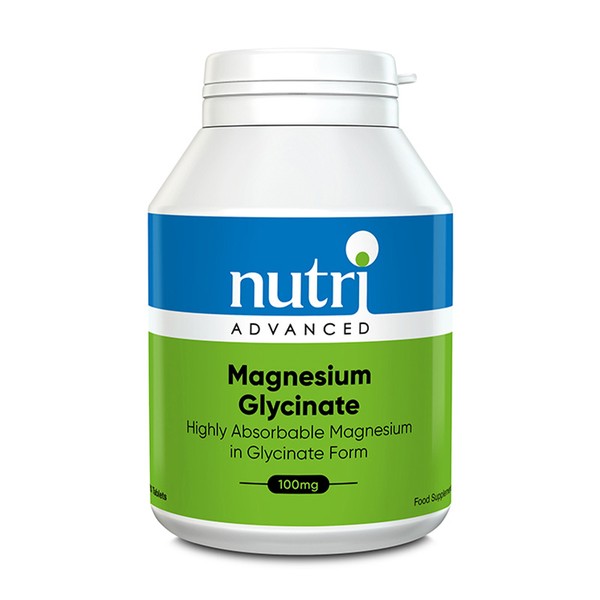
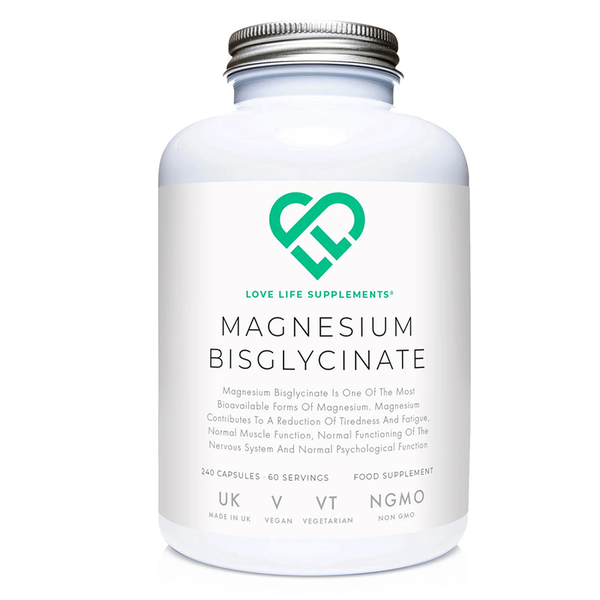
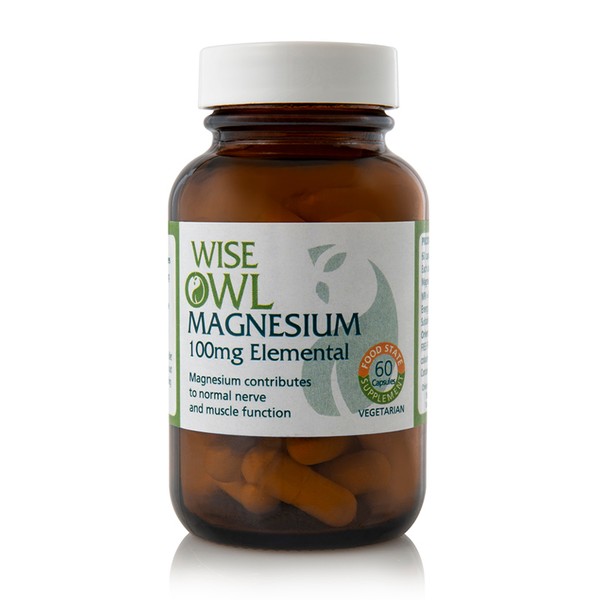
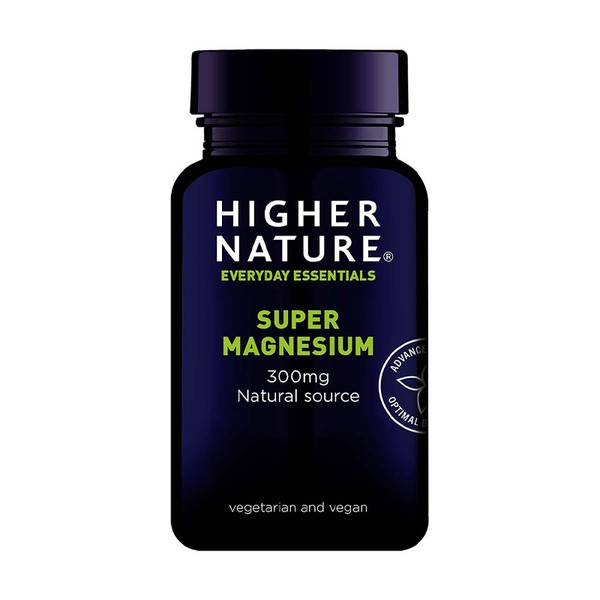
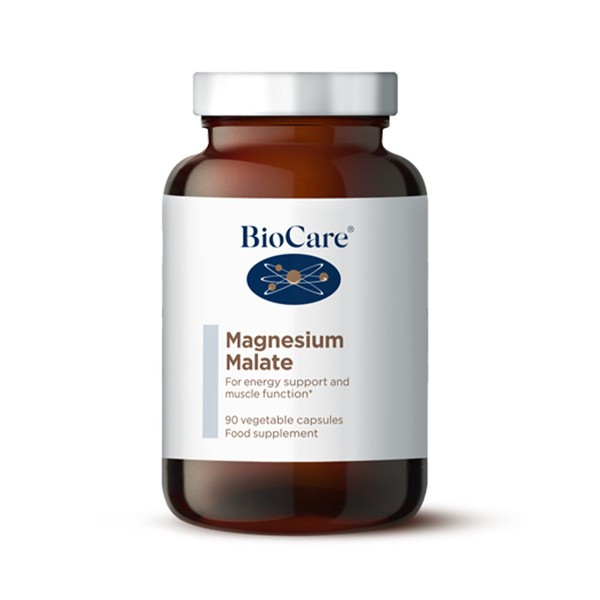
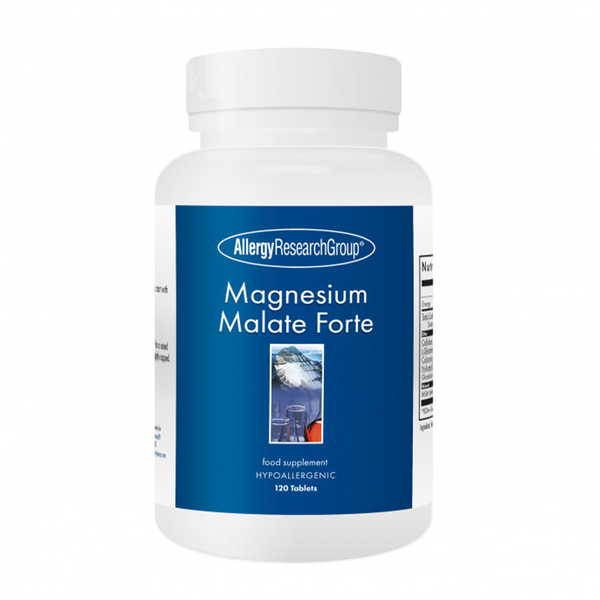
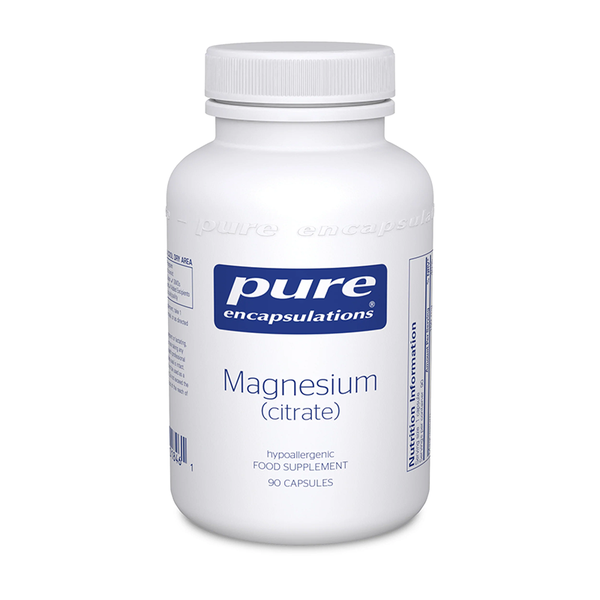
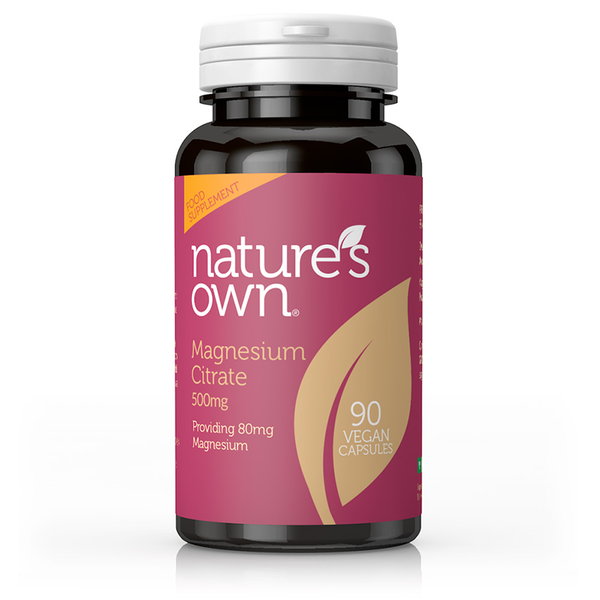
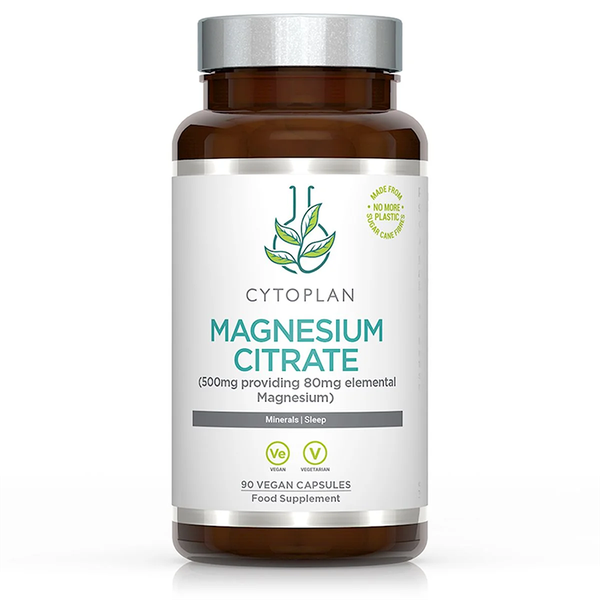
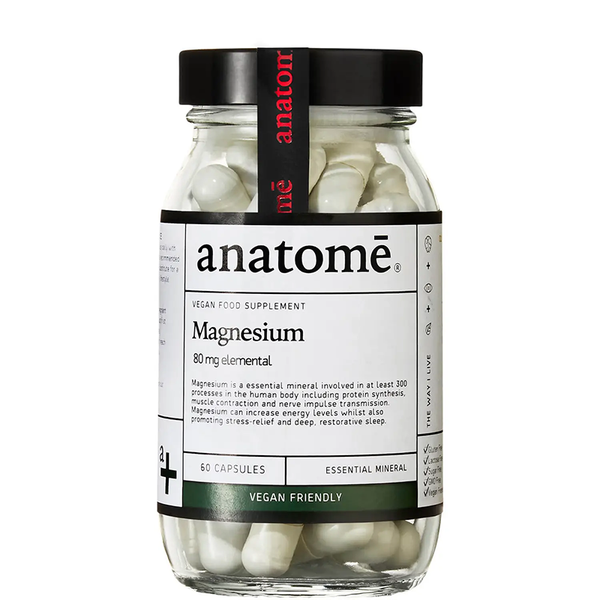
DISCLAIMER: We endeavour to always credit the correct original source of every image we use. If you think a credit may be incorrect, please contact us at info@sheerluxe.com.


